The 12 modules of the education
Take a closer look at the modules of the sustainability education
Module 1: A Vision for a Sustainable Future
This first module offers you an introduction to the broad field of sustainability management. We will dive into the 17 UN Global Goals (SDGs), the sustainability concept, sustainability as an agenda-setter, the substance of the SDGs, external and internal sustainability, the strategic dimensions of sustainability management, and the crises and opportunities of sustainability management.
Lecturers: Professor Katherine Richardson & Professor Steen Hildebrandt

Module 2: UN’s Global Goals as a Starting Point for Commercial Value Creation
How can sustainability be used as a platform for commercial value creation in your workplace? You will get the tools to work with the World Goals as an outside-in perspective at your workplace, where global (and local) challenges are turned into opportunities for product and business innovation.
You will learn to articulate the needed sustainable business transformation as a burning platform demanding innovative and radical thinking, develop business models that integrate sustainability aspects, appreciate the SDGs as a menu of sustainable business opportunities, establish data-driven evidence for your work, and use this as the platform for developing sustainable business strategies, and to draw inspiration from leading companies that are working towards a sustainable moonshot.
Lecturer: Kristoffer Nilaus Tarp, Director of Sustainability at C-MORE
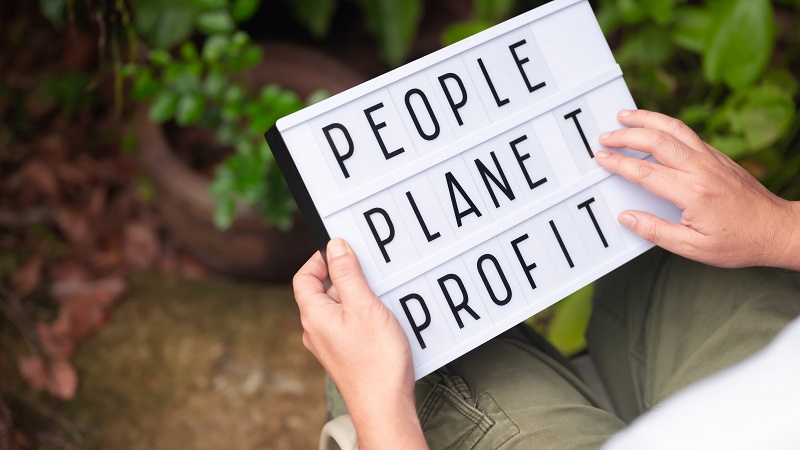
Module 3: Biodiversity and the World’s Oceans
Biodiversity is essential for maintaining the health and functioning of ecosystems, providing food and other resources for humans, and supporting cultural and aesthetic values. However, human activities such as habitat destruction, pollution, and climate change are causing biodiversity loss at an unprecedented rate, which has significant consequences for the planet’s ecosystems and the well-being of humanity.
You will come to understand that the biodiversity crisis is at least as important as the climate crisis, and you will be familiar with to the planetary boundaries framework as a tool for guiding management of our relationship to the planet as a whole.
Lecturer: Professor Katherine Richardson

Module 4: Social Responsibility
Social Responsibility integrates social and environmental concerns in your company’s operations and interactions with your stakeholders. It involves going beyond legal obligations to manage the impact on society and the environment, aiming for a positive contribution to society while achieving economic success.
Global Compact and the Sustainable Development Goals form a framework to secure living wages, human rights, health and safety at the workplace, and reduce corruption. You will familiar with how you operate in a socially sustainable way as a responsible workplace involved in global business — and how you mitigate negative footprints and give back more to society than you take.

Module 5: Circular Economy
Unlike the traditional linear economy, which follows a ‘take, make, dispose’ model, the circular economy encourages the reuse, repair, refurbishment, and recycling of products and materials. This approach aims to keep resources in use for as long as possible, extract the maximum value from them while in use, and recover and regenerate products and materials at the end of their service life.
You will get insights into the underlying principles of circular economy, the business case for circular economy, the different approaches to creating value from applying a circular economy lens, and you will be familiar with a number of concrete circular economy cases.
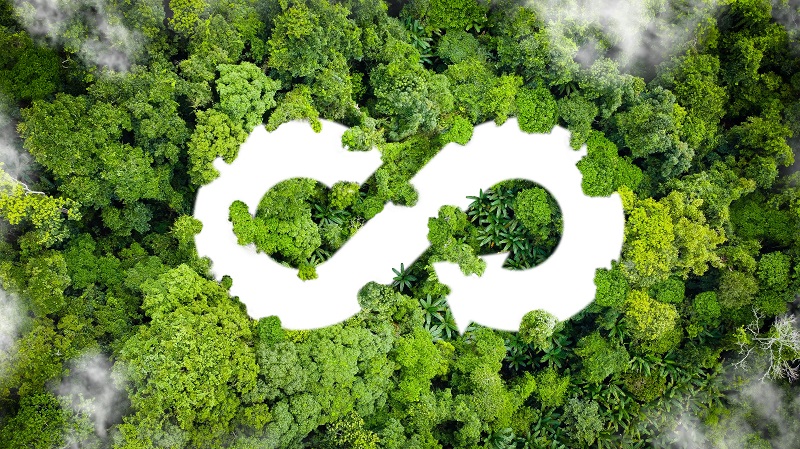
Module 6: Sustainable Supply Chain
The Fourth Industrialization has a transformative impact on today’s supply chains, which need to be built more resilient and agile to withstand a multitude of sudden shocks.
You will learn about supply chain models and tools to adopt sustainable practices from sourcing to end consumption.
During this course, the lecturer visits the headquarters of Carlsberg, the 6th biggest brewery in the world, and we learn about their thoughts and initiatives regarding their sustainable supply chain.
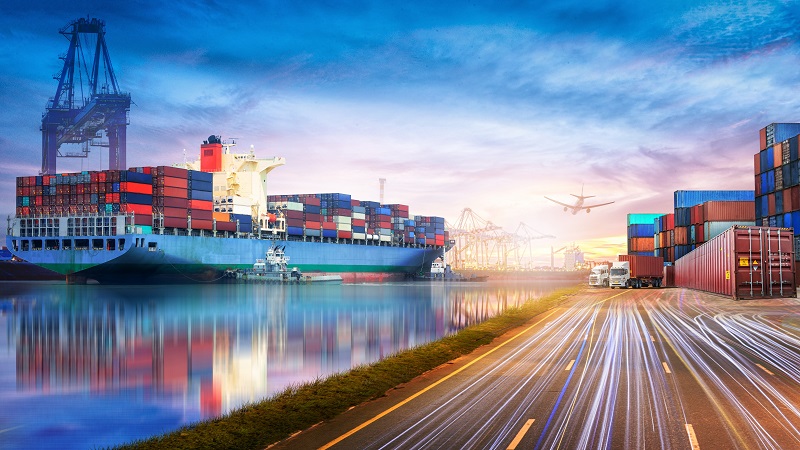
Module 7: Sustainable Innovation and Technology
This module is about developing and implementing sustainable technologies and processes, investing in research and development, and promoting innovation to create more sustainable products and services.
You will learn to be at the forefront of demands from internal and external stakeholders for more sustainable products, services, and business models. Assess whether your organization possesses the right mixture of core competencies for sustainable business development. Set KPIs that drive change and innovation. Engage with partners across the value chain to drive innovation, and identify a range of different ways of working with sustainable innovation and embrace different triggers of sustainable innovation processes.
Lecturer: Kristoffer Nilaus Tarp, Director of Sustainability at C-MORE
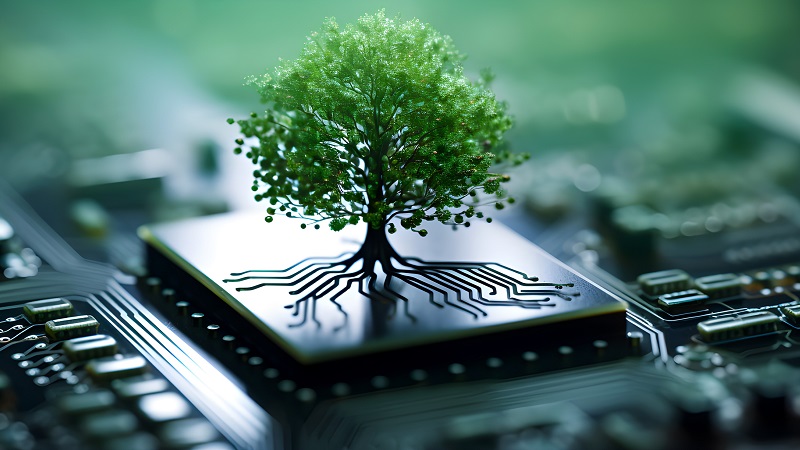
Module 8: Sustainability Reporting
The goal of sustainability reporting is to provide transparency about the impact an organization has on the economy, the environment, and society. It is the practice of businesses, non-profits, and governmental entities disclosing information on their environmental, social, and corporate governance (ESG) performance. This includes reporting on topics such as carbon emissions, water usage, waste management, labor practices, diversity and inclusion, ethics, and compliance.
You will learn what ESG reporting is and how it has evolved throughout the years. The lecturer will walk you through important frameworks and standards for ESG reporting, including national reporting requirements throughout the world. You will learn about the contents of a (good) ESG report, and learn about data quality and ESG assurance, and why it is so important.
Lecturer: Mie Ryberg Rasmussen, CEO at Sustainable Impacters
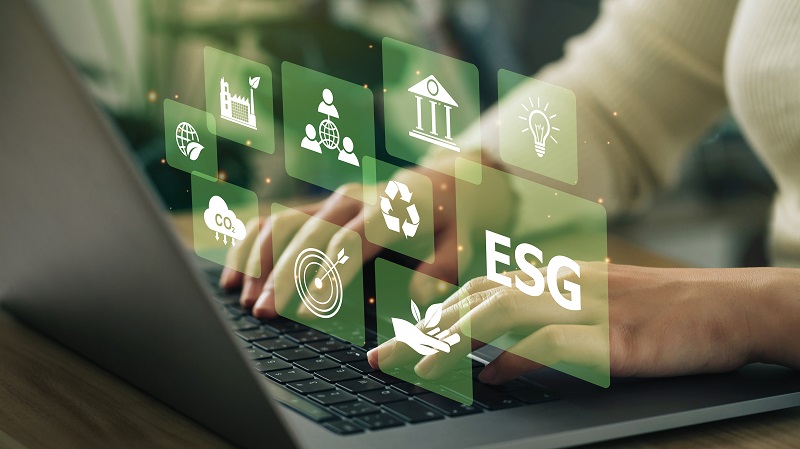
Module 9: Climate Accounting (Carbon Footprint)
Climate accounting, also referred to as carbon accounting or greenhouse gas (GHG) accounting, is the process of quantifying, tracking, reporting, and verifying GHG emissions. It’s a vital aspect of climate change mitigation efforts as it provides organizations, governments, and individuals with accurate data on their carbon footprints, enabling them to devise strategies to reduce their environmental impact.
You will learn what climate accounting is and how it is related to the greenhouse effect, and why climate accounting is more important now than ever. You will also get an overview of the standard for climate accounting in accordance with the internationally recognized Greenhouse Gas Protocol. You will learn a practical approach to climate accounting for businesses in six steps.
Lecturer: Mie Ryberg Rasmussen, CEO at Sustainable Impacters

Module 10: Life Cycle Assessment (LCA) & Absolute Sustainability
Life Cycle Assessment (LCA) is the systematic analysis of the environmental impact of a product or service throughout its entire life cycle. This includes all stages from raw material extraction, through production and use, to disposal or recycling – hence the name “cradle-to-grave” analysis.
You will become a qualified user of life cycle assessments, understand the eco-efficiency concept, understand the characteristics and fundamentals of LCA, understand why a life cycle perspective and a broad coverage of environmental impacts is necessary, and finally, understand the difference between relative and absolute sustainability assessment and why an absolute perspective is needed.
Lecturer: Professor Michael Zwicky Hauschild
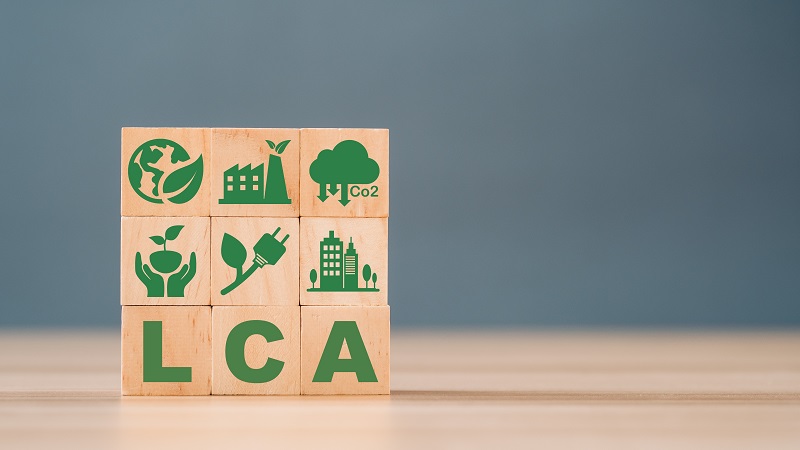
Module 11: Stakeholder Engagement & Creating Sustainable Change
Building and maintaining relationships with key stakeholders such as customers, employees, investors, and local communities, and engaging them in the sustainability efforts of the organization, is key to driving real sustainable change!
You will have hands-on tools, models, and perspectives on how to use change management on sustainability. You will learn to use storytelling to engage all the different stakeholders, from employees to top management, enabling you to drive sustainable change within the organization.
Lecturer: Sine Klitgaard Møller, Sustainability Transformation Director at LEGO

Module 12: Sustainability Communication & Responsible Marketing
The playing field for communication and marketing is changing! In an era where consumers are increasingly mindful of their impact on the world, sustainability communication and responsible marketing have emerged as crucial elements for businesses. By embracing responsible marketing practices, businesses can not only contribute to a better world but also enhance their brand reputation, foster customer loyalty, and drive long-term success.
This module seeks to ask the question: “How do we communicate credibly about ambition and action when it comes to sustainability and green transformation?” We also take a look at the new challenges of the communication and marketing industry — and the new minefield of marketing: Greenwashing.
Lecturer: Christina Blak, Creative Director & ESG Lead at Make


